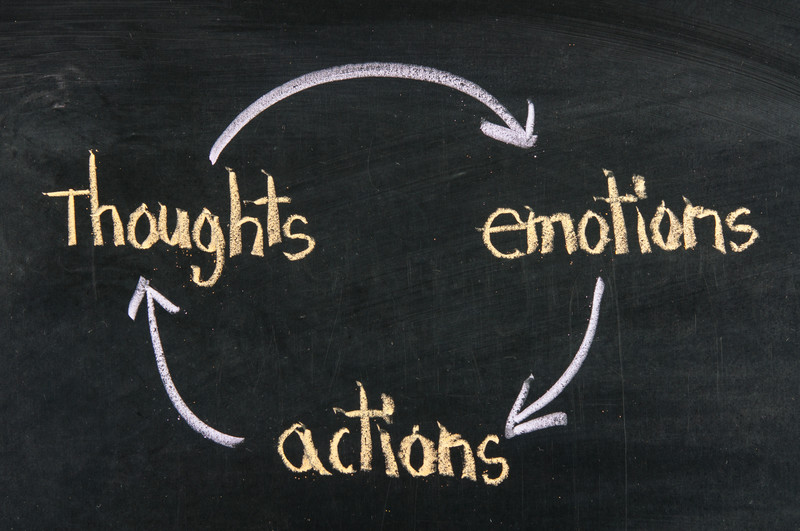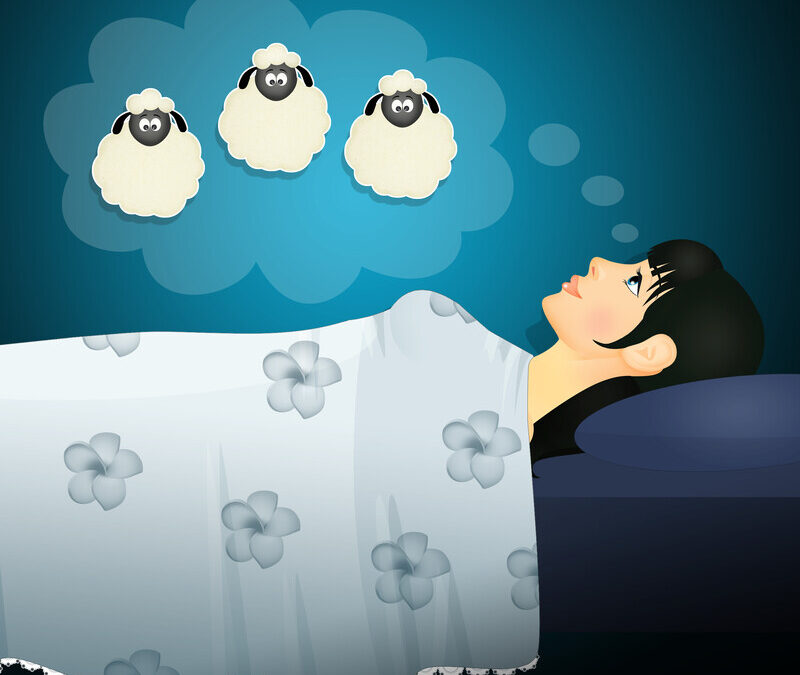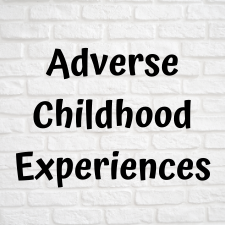
There is a lot that goes into understanding chronic pain, and people experience pain in different ways. Chronic pain, for the most part, is a very individualized thing that has various influences on how it is felt and expressed. Researchers are learning more by studying emotional regulation and how it may impact on the chronic pain that one feels.
We all experience emotions, which is completely normal. On any given day, we may experience a variety of emotions that are responses to what is going on in our lives. How we are able to cope with the things that happen to us and our ability to manage the emotions that we experience is emotional regulation.
Those who are effective at emotional regulation will tend to manage their emotions in healthy ways, such as talking with friends, meditating, taking better care of themselves, or seeking out healthy solutions to the problems they are dealing with. On the other hand, those who are not good with their emotional regulation may do unhealthy things in order to cope with their emotions, including taking drugs or drinking alcohol, hurting themselves, withdrawing, or becoming physically or verbally abusive.
While the study of emotional regulation is considered fairly new, a team of researchers set out to determine what the overall consensus is on the studies that have been conducted on it so far. Published in the April 2018 issue of the Journal of Psychosomatic Research, they shared their findings after reviewing 15 studies that have been conducted on the role that emotional regulation plays in chronic pain.
Of the 15 studies that the researchers reviewed, nine of them had been conducted within the last five years. Their mission was to determine if the association between emotional regulation and chronic pain could help them understand both the protective factors and the risks that people may experience.
What their research found was that having a maladaptive response-focused emotional regulation may be an important risk factor in the development and continuation of chronic pain. They also reported that adding the emotional regulation factor to chronic pain investigations may help to explain some of the individual differences regarding what influences one’s chronic pain experience.
The good news is that people can work to improve their emotional regulation. To do so, the process involves gaining an understanding of how thoughts, feelings, and behaviors all work together to influence our personal experiences. One option to make positive changes with one’s emotional regulation is to work with a therapist who specializes in Cognitive Behavior Therapy. By improving one’s emotional regulation so that they have better coping responses, they may be able to help improve their chronic pain management.
Source:
1. Journal of Psychosomatic Research. The role of emotion regulation in chronic pain. https://www.ncbi.nlm.nih.gov/pubmed/29502762








[…] a costly treatment and there’s really nothing to lose with trying it out. Those who want to use emotional approach coping can do so to determine if they personally get relief. Those who are working with chronic […]